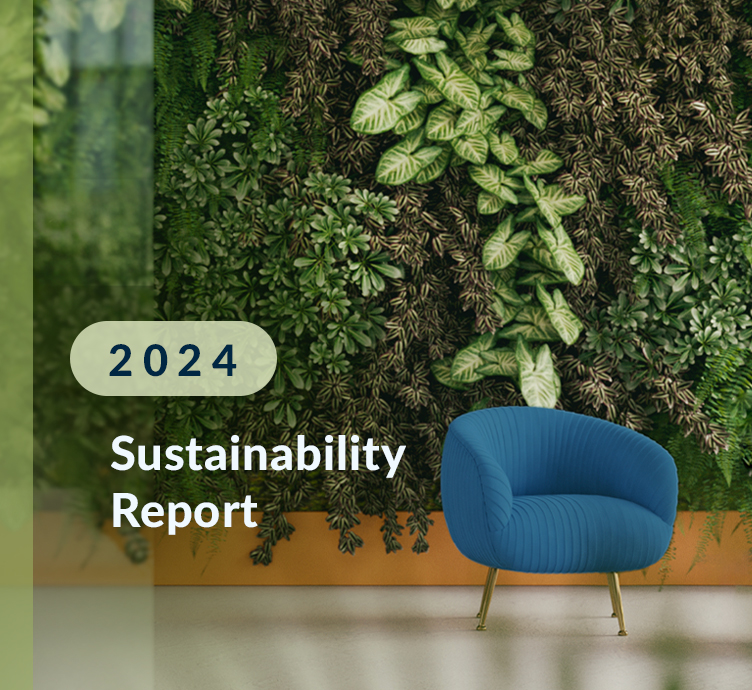The SEC and Congress are behind the curve. Regulators around the world, other legislative bodies, and important not for profits and think tanks have been hard at work for years creating a framework that provides product transparency, clear definitions, and a path forward for ESG integration and impact investing.
For example, over 20 nations as well as the European Union have taken action to acknowledge that ESG integration in the investment process is necessary. Stock exchanges in seven countries have put in place rules that mandate the disclosure of ESG data. The pressure on the SEC to take action is great. Over a year ago, large institutional investors overseeing more than $5 trillion in assets asked the SEC to require public companies to use standardized ESG disclosures.
U.S. States are setting the pace. In January of 2020 the Sustainable Investing Act became law in the State of Illinois. This law mandates that any public or government entity that manages public funds “develop, publish, and implement sustainable investment policies….” implicating $8.5 billion in assets in Chicago alone. Legislation on ESG related matters is pending in Massachusetts, Minnesota, New Jersey, New York and Vermont. Michael Frerichs, Illinois State Treasurer, explained why ESG is important. He noted, “The use of sustainability factors has been shown to minimize risk and maximize returns and is considered a best practice in the investment industry. Integrating these factors helps public funds better fulfill their fiduciary duty”. The words “fiduciary duty” will resonate and other states will likely follow.
With pressure building, 2020 is likely the year that the SEC and the US Congress enter this dialogue in a more meaningful way, resulting in a higher standard for firms offering ESG strategies, greater transparency for investors, and the end of the noisy start‐up phase of ESG development and the beginning of a period of maturation. Here is why 2020 is already shaping up to be a year when the SEC pivots from talk to action…
On January 7th the Securities and Exchange Committee announced its examination priorities for 2020 and ESG is one of them. Investment firms are subject to examination by the SEC’s Office of Compliance Inspections and Examinations (OCIE).The OCIE has flagged ESG and sustainable investing as a focus issue with language that should serve notice to any firm that has been greenwashing: “OCIE has a particular interest in the accuracy and adequacy of disclosures provided by RIAs offering clients new types or emerging investment strategies, such as strategies focused on sustainable and responsible investing, which incorporate environmental, social, and governance (ESG) criteria”.
This has significant consequences for investment firms, some of whom may be challenged to rise to the occasion of an SEC examination on ESG integration. To the extent that investment firms thought that subscribing to an ESG database offered by leading firms like MSCI or Sustainalytics was adequate to convince the world that they were on the path to ESG integration, they are about to be surprised. Though both MSCI and Sustainalytics have done pioneering work in ESG research, they charge high prices and, significantly, the two entities have a low correlation in their ESG scores.
[…]








